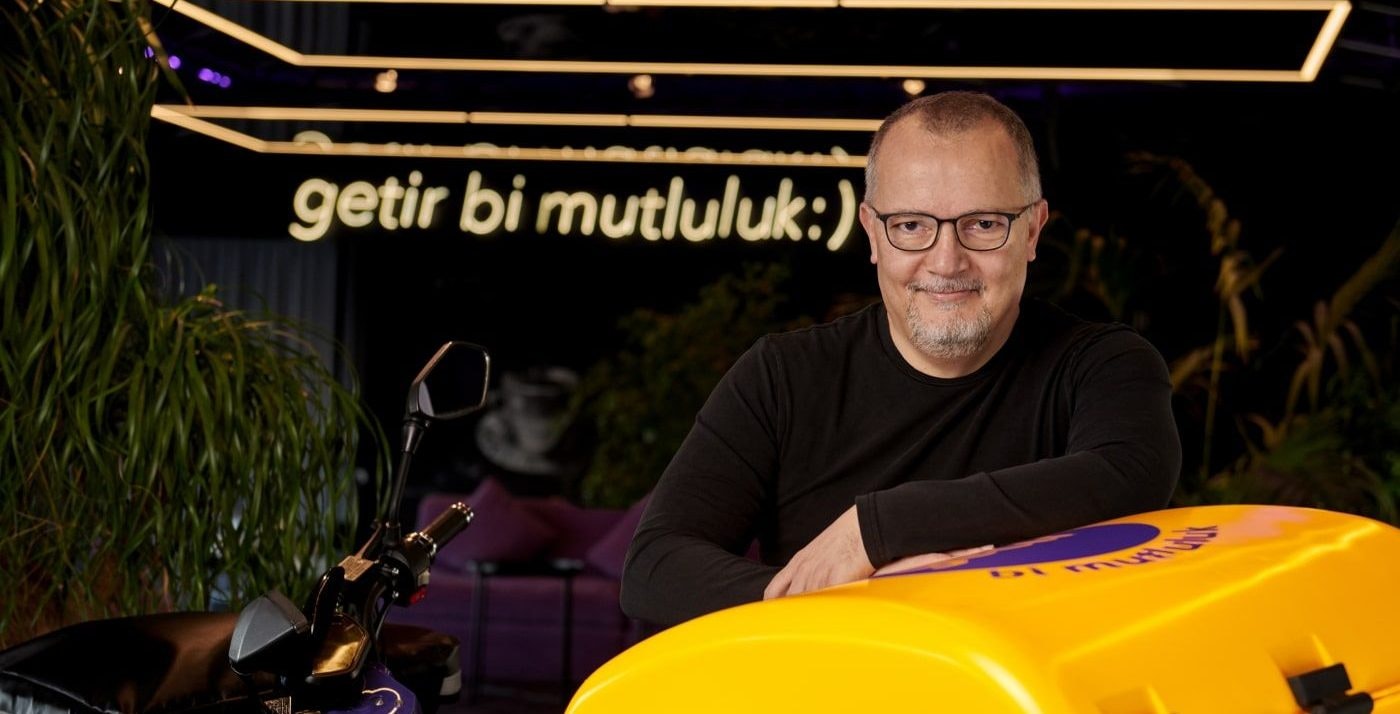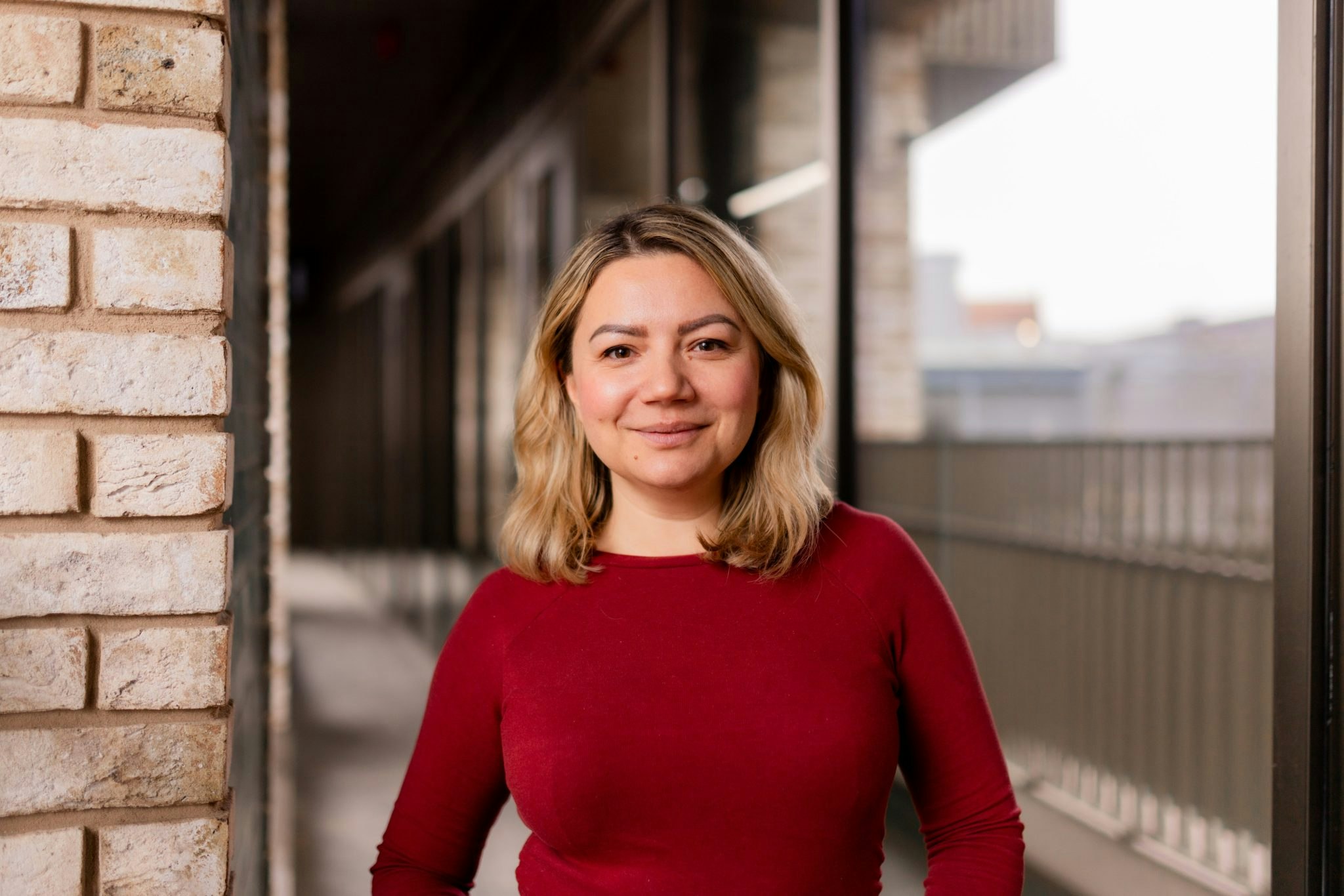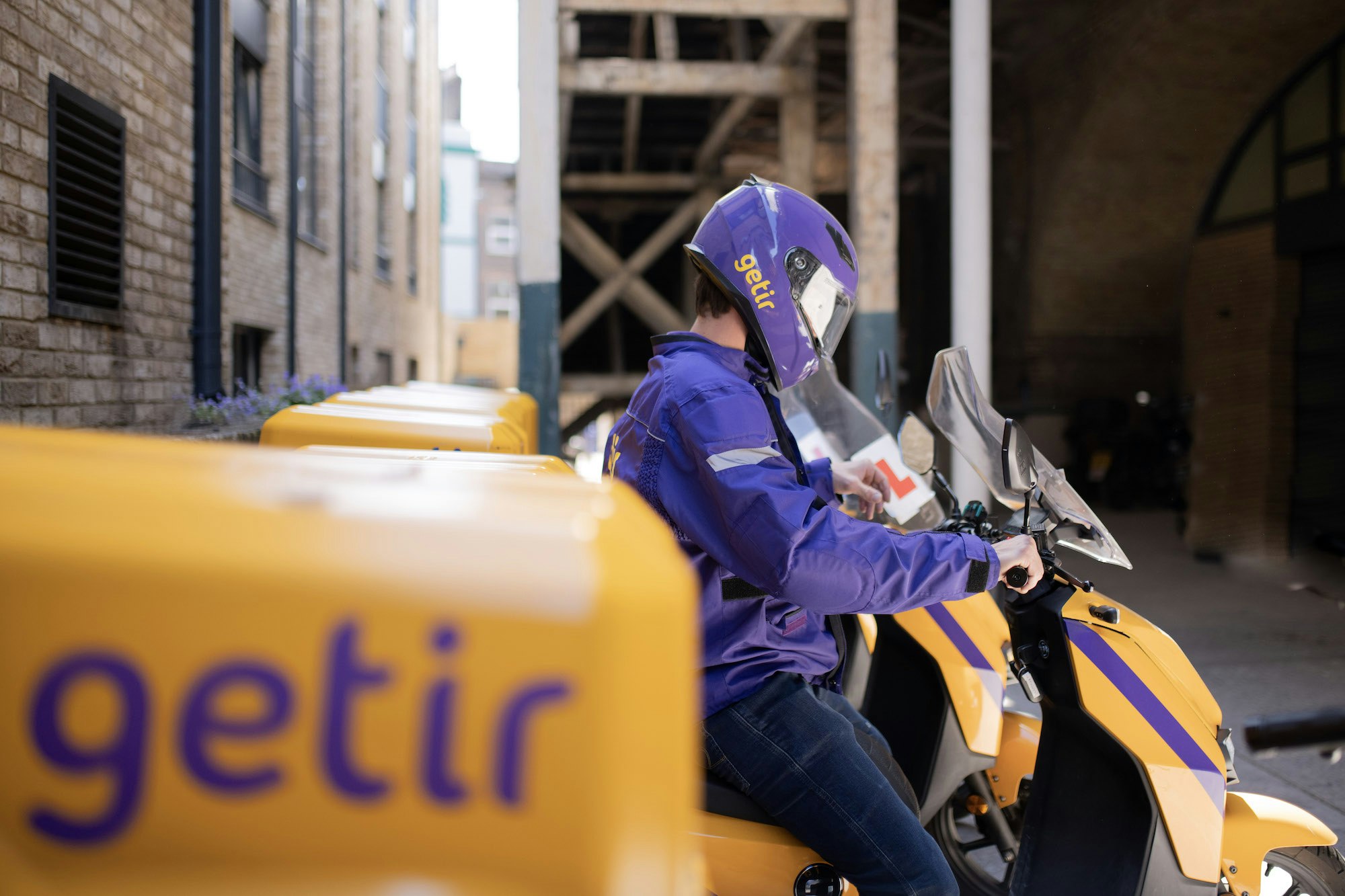When food delivery company Wolt started out, enabling customers to skip the queue at coffee shops by pre-ordering their americanos, it probably didn’t look like a business that was eyeing up global domination.
But a decade on, as the Helsinki-HQd company celebrates its 10th birthday, it’s well on its way to becoming a global superapp.
Wolt now employs 12k people with customers in over 1,000 cities across 28 countries. It offers restaurant food and grocery delivery, but also revenue-based financing loans, an ad platform and white-label apps for merchants; and a network of delivery drivers to businesses that need them.
It’s done €15bn-worth of merchant sales since launching, across 700m customer orders; and is now selling €1bn-worth of groceries each year, making it one of the top 20 online grocers in Europe, by sales. “We’re bigger than all the quick commerce players were at their height,” says cofounder and CEO Miki Kuusi.
In 2022, it was acquired by US competitor DoorDash for €7bn — having raised around $740m from investors such as ICONIQ Growth, Tiger Global, 83North, EQT Ventures and Highland Europe — but that was far from the end of the story, for Wolt, or Kuusi.
It’s got plenty more countries, and products, to expand into — whether via acquisitions or in-house operations. And it’s not limiting its horizons to delivery; Wolt wouldn’t write off applying for a full banking licence in the future, says Kuusi. “We always thought that we would evolve to become more like a bank."
Keeping the main thing the main thing
“We want to build the most relevant company in the world for consumers,” says Kuusi.
“We always saw that the restaurant was only the starting point to go into all local services — both physical goods as well as intangible services,” he said, on stage at the Sifted Summit in October.
Wolt now has over 40m registered users — and can deliver them pizza and groceries, but also pet food, flowers, medicines from the pharmacy, electronics and clothing. In the future, it could offer a whole lot more.
We haven't really seen anything in Europe or the US yet when it comes to how much more convenient life can be.
“You don't really need to have a lot of imagination to imagine what companies like us might end up doing,” said Kuusi at the Sifted Summit. “Just look at the Southeast Asian players as an example — look at Grab, look at Meituan… companies that started often in ride-hailing or food delivery, that became the de facto superapps of their regions.”
“I think we haven't really seen anything in Europe or the US yet when it comes to how much more convenient life can be. I was in Kazakhstan recently, which is a Wolt market, and I was spending time on Kaspi, which is the Amazon of Kazakhstan, so to speak; a company worth $21bn that only operates in Kazakhstan. And our [general manager] of Kazakhstan was showing me the Kaspi app, which allows you to get a driver's licence or a divorce, and I'm like, ‘Shit. I don't know what to do if I need to get a divorce or a driver's licence in Europe, but I'm pretty sure it's not going to be on an e-commerce app.’
“I think our imagination is limited when it comes to Western countries, [around] how weak the level of services we actually have is.”
That said, Kuusi says Wolt’s top focus remains restaurant delivery. “The core restaurant market is still very underpenetrated. Most of western Europe is a mature delivery market, and it’s not growing fast. But most of our footprint is in relatively immature high-growth markets — and the main thing is still building a bigger restaurant delivery business.”
Expansion plans
Expansion plans are afoot — and that could include buying competitors to expand to new geographies (although Kuusi won’t be drawn on specifics). “Expansion, inorganically and organically, will be something you see from us,” he says.
But expanding — into new countries, or products — isn’t something Wolt seems to take lightly.
“If we expand to a country, it’s a 10-year commitment,” says Kuusi. Unlike almost all of Wolt’s competitors — including Deliveroo, Glovo, Getir and Flink — Wolt has never withdrawn from a country. (“Maybe that means we were too conservative with our expansion,” the founder adds.)
“We think of our countries as kids, teenagers, adults,” says Kuusi. “The babies take a lot of support; the teenagers are very hungry; the adults provide for themselves.
“We have to balance the portfolio of companies; make sure we have enough adults.”
In the teenage category are Japan and Germany — countries Wolt expanded into in 2020, and where it is now one of the market leaders.
The ‘babies’ include Albania, Luxembourg and Uzbekistan (all launched this year), while Wolt’s oldest markets include its home, Finland, and neighbours Sweden and Estonia.
Kuusi won’t share which countries are profitable, or most revenue-generating, or where in the world he plans to expand to next.
The more information we give to the competition, the more they can use it to hurt us
“The more information we give to the competition, the more they can use it to hurt us,” he says. “When we expanded to Japan, five followed us. When we expanded to Germany, three followed us.”
But he will share a few factors that influence how long it takes a market to fend for itself. “Some take 6-12 months [to reach profitability]; some can take years,” he says. “The biggest driver of how long it takes is how much expansion you need to do within the country. The size of the country, the number of existing companies and how fast the market is growing all plays a role. It’s easier to come in if a market is growing fast.”
New products are also rolled out gradually.
“For the first five years after launch, we only did restaurant delivery. Why? Because we always saw that restaurant delivery is going to be the golden vertical that we first need to get right, because it had the strongest product market fit, and we could use the strength we built in that vertical to expand to other verticals,” says Kuusi.
“What I've learned is that usually, by being a superior player in the thing that you do — by concentrating your efforts and your resources and your focus — you're able to be more superior in the thing that you do and that allows you to win the next thing and the next thing and the next thing.
“So that's why we like to take our time. Right now, if you look at what we do, we are primarily focused on restaurants, grocery and then a series of other categories that don’t require as much dedicated product. So, for instance, we are not serious about clothing yet, because to do it seriously we probably need hundreds of engineers just to get started on clothing properly [and Wolt has 1000 engineers]. However, pharmacy is a lot easier for us to support. So we're doing a lot more in pharmacy.”
Wolt now has its grocery dark stores in more than 20 countries and works with third-party grocers too.
Just ask your customers
As for what Wolt does next, Kuusi says it’s pretty easy to figure out priorities.
“It's not difficult to know what you should be doing as a company — you should just ask your customers,” he tells Sifted. “I remember our first customer survey we did in 2015, the top two requests were: Can I get my groceries with the same experience? We started doing that five years later in 2020. And: can I order from multiple places with the same order? We introduced double order earlier this year.”
This year Wolt also introduced a revenue-based financing product, enabled by fintech Finmid, to lend money to merchants in response to requests from customers.
“One of the top things our merchants have asked us is, ‘Hey, when we're doing a kitchen renovation or we're opening a new location, even if we're running a profitable business it's very difficult to secure loans. They're going to be very expensive, and it's difficult to get [good] terms as a small business owner. Could you guys help with this?’”
Eventually something we might consider is to apply for a banking licence
“We have this very predictable source of income from these merchants; we can give them better terms than any bank would. And we can take the money directly from Wolt payments,” says Kuusi.
“Eventually something we might consider is to apply for a banking licence,” he adds. Wolt secured an EEA e-money licence this year, following on from a payments institution licence in 2021. “Wolt today is a neobank; we have every right to operate as a bank outside of lending.”
Wolt’s also spinning new products out from the logistics network and technology it’s already built. Take Wolt’s app itself; it’s currently rolling out ‘storefront’ — a white-label app for merchants to brand themselves and list in the app store.
It also offers “almost real-time delivery” services now to big and small businesses. “We can have a laundry shop go to the app, say we want laundry picked up ASAP and delivered back tomorrow at 2pm [and Wolt will provide that],” says Kuusi. “It opens up a whole new world of local services.”
Scaling as a CEO
Constant expansion is what keeps things interesting for Kuusi, as CEO — and now also head of international at DoorDash.
The only reason I've done this for a decade is that it's changed so much, so many times over the years
“I think the important thing is that you just need to have enough interesting things going on. The only reason I've done this for a decade is that it's changed so much, so many times over the years — going from restaurant to other verticals, expanding globally — and… going forward, we're going to do different things, things that we're not doing today, things that are going to be new and exciting and learning opportunities.”
Back in 2021, before the DoorDash acquisition was announced, it was a slightly different story.
“We were doing our IPO readiness, we’d signed a term sheet for a pre IPO round of €1.1bn, when we ultimately ended up going with DoorDash. And I kind of knew that, if we go by the path of IPO, I know what's going to happen. DoorDash, on the other hand, gave a whole new perspective — getting the Silicon Valley way of building software companies, getting to see a Fortune 500 listed US company from the management team perspective, running everything outside of the US for DoorDash, not just Wolt…”
That means the day-to-day remains as demanding — and interesting — as ever.
“I get 200 pages of reading material every week; the amount of stuff that you are in the detail on, every week, it's just immense. So my primary focus is on the company, on the customers, on our partners. I enjoy spending time with other CEOs; I always learn something, and I try to make sure that I have a few opportunities each year to do that. I always learn if I invest in companies, but realistically, that's the 20, not the 80. The 80, for me, is just being focused on building the business. It's still incredibly, incredibly early for our industry and for our company. I don't want to get distracted from that.
“It's so easy to get distracted when you become successful because you have all these opportunities, all these things that want time from you — investment opportunities, events, speaking opportunities, so forth — but ultimately, if I look at my calendar a year ago, and I think about all the things that I did in each week, and how are they, with a year's hindsight, helping our company or myself succeed? Those tend to be the things that you do with the company, not the things you do outside of the company.”



